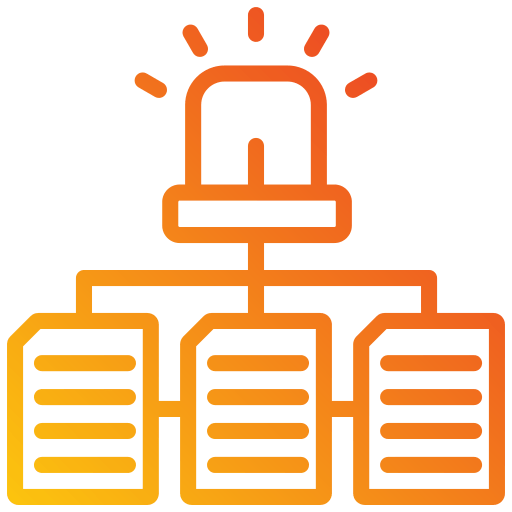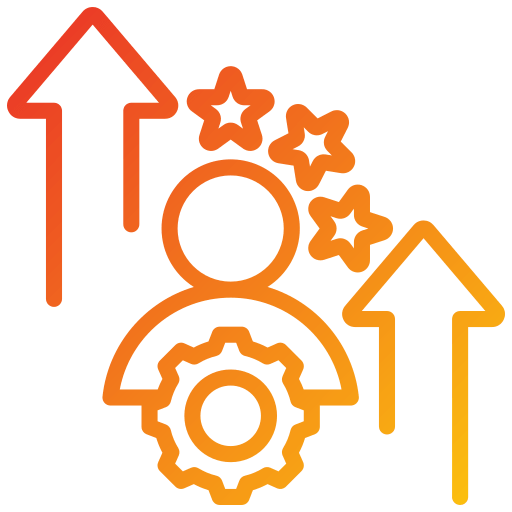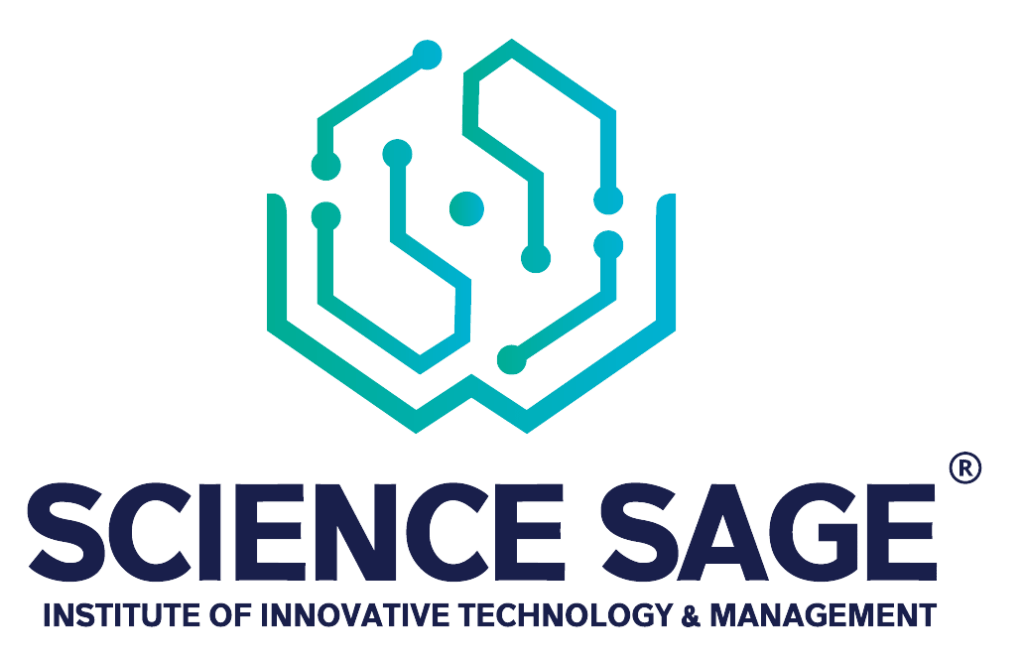- Prerequisites
- Higher Secondary Passed
- Course Duration
- 2 Years
The Advanced Diploma in Software Engineering with Python & Raspberry Pi is an intensive program designed to equip students with advanced skills and knowledge in software engineering principles and techniques, with a focus on Python programming language and Raspberry Pi hardware platform. This diploma program typically covers a wide range of topics related to software development, Python programming, embedded systems, IoT (Internet of Things), and hardware-software integration. Below is a detailed description of the program:

Course Overview
- Duration: The Advanced Diploma in Software Engineering with Python & Raspberry Pi program typically spans one to two years, depending on the curriculum and institution offering the program.
- Curriculum: The curriculum integrates advanced topics in software engineering with specialized coursework in Python programming and Raspberry Pi development. Students gain expertise in software development methodologies, object-oriented programming, data structures, algorithms, Python libraries and frameworks, embedded systems, IoT concepts, and hardware-software integration. Courses may include software design and architecture, programming languages (Python), data structures and algorithms, operating systems, computer networks, IoT fundamentals, embedded systems programming, and project management.
- Practical Training: Hands-on training is a fundamental aspect of the program, allowing students to apply theoretical knowledge to real-world projects. Practical exercises, coding projects, hardware-software integration tasks, IoT projects, and real-world case studies may be included to provide students with hands-on experience in designing, implementing, and deploying software solutions on Raspberry Pi platforms.
- Industry Collaboration: Many diploma programs collaborate with industry partners, technology companies, IoT startups, and research institutions to provide students with exposure to real-world projects, Raspberry Pi hardware, and industry practices. Guest lectures, workshops, hackathons, and industry projects may be integrated into the curriculum to facilitate industry-relevant learning experiences and networking opportunities.
- Capstone Project: Students may be required to complete a capstone project or thesis, where they work on a substantial software engineering project or IoT application using Python and Raspberry Pi technology. The capstone project allows students to demonstrate their skills, creativity, and problem-solving abilities in addressing real-world challenges in software development and IoT.

Course Structure
- Core Subjects:
– Software Engineering Principles
– Object-Oriented Programming with Python
– Data Structures and Algorithms
– Operating Systems
– Computer Networks
– Python Programming for Software Engineers
– Embedded Systems Design
– IoT Fundamentals
– Hardware-Software Integration
– Project Management - Specialization Electives (Sample):
– Web Development with Django
– Data Science with Python
– Machine Learning with Python
– Robotics and Automation
– IoT Applications Development
– Sensor Networks and Data Acquisition
– Raspberry Pi Projects
– Mobile App Development with Python - Practical Projects and Labs:
– Python Programming Projects
– Raspberry Pi Hardware Projects
– IoT Application Development
– Embedded Systems Programming
– Sensor Integration and Data Processing
– Hardware-Software Interface Design
– Real-time System Development - Internship or Industry Placement:
- Many diploma programs include an internship or industry placement component, where students have the opportunity to gain practical experience working on software engineering projects, IoT applications, or embedded systems development in industry settings, such as tech companies, IoT startups, research labs, or IT departments of organizations.

Key Skills Developed
- Python Programming Skills: Proficiency in programming with the Python language, including syntax, data structures, control flow, functions, modules, and libraries for various applications.
- Raspberry Pi Development: Ability to set up, configure, and program Raspberry Pi devices for developing embedded systems and IoT projects, including hardware interfacing and software development.
- Embedded Systems Design: Understanding of embedded systems principles and architectures, including real-time operating systems, microcontrollers, and sensor interfacing for building hardware-software integrated solutions.
- IoT Development: Knowledge of IoT concepts, protocols, and architectures, including sensor networks, data acquisition, cloud connectivity, and remote monitoring for developing IoT solutions using Python and Raspberry Pi.
- Software Engineering Practices: Familiarity with software engineering methodologies, practices, and tools for software development, project management, version control, testing, and debugging.
- Problem-Solving and Critical Thinking: Strong analytical and problem-solving skills to address challenges related to software development, embedded systems design, and IoT applications using Python and Raspberry Pi.
- Communication and Collaboration: Effective communication skills to collaborate with team members, present technical concepts, and interact with stakeholders in project planning, development, and deployment phases.
- Creativity and Innovation: Ability to think creatively and innovatively to design and develop novel solutions using Python and Raspberry Pi for addressing real-world problems and opportunities in diverse application domains.

Career Opportunities
- Software Developer: Graduates of the diploma program can work as software developers, responsible for designing, developing, and maintaining software applications and systems using Python programming language and Raspberry Pi hardware platform.
- IoT Developer: IoT developers specialize in designing, developing, and deploying IoT applications and solutions for connected devices, sensors, and systems using Python programming and Raspberry Pi technology.
- Embedded Systems Engineer: Embedded systems engineers focus on designing and developing embedded software and firmware for IoT devices, sensors, controllers, and embedded systems using Python and Raspberry Pi platforms.
- Data Engineer: Data engineers work on collecting, processing, and analyzing data from IoT devices, sensors, and systems using Python programming, data analytics tools, and Raspberry Pi technology for applications such as predictive maintenance, smart cities, and industrial automation.
- R&D Engineer: Research and development engineers work on innovating and prototyping new software and hardware solutions using Python programming and Raspberry Pi technology for applications in areas such as robotics, automation, healthcare, and environmental monitoring.
The Diploma in Advanced Diploma in Software Engineering with Python & Raspberry program prepares students for exciting and dynamic careers at the intersection of software engineering, IoT, and embedded systems, where they can leverage their skills to develop innovative solutions and drive technological advancements in various industries.
